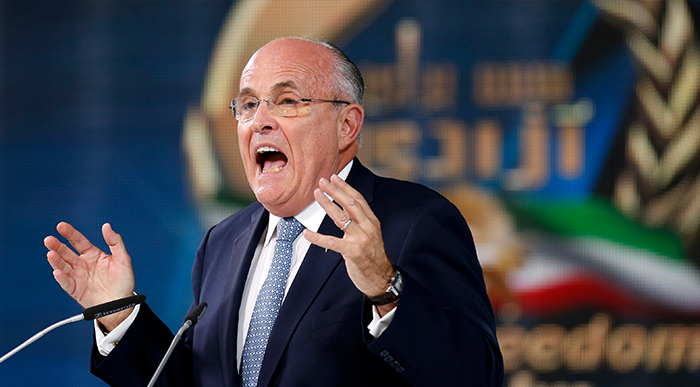Massachusetts Gov. Charlie Baker has called on the state's U.S. Attorney to focus on the opioid crisis instead of cannabis, after new fears of federal prosecution caused a payment processor to back out of servicing the state's medical marijuana dispensaries.
Earlier this week, U.S. Attorney Andrew Lelling released a statement saying that he could not "provide assurances that certain categories of participants in the state-level marijuana trade will be immune from federal prosecution." This statement set off a shockwave of concern throughout the state's growing cannabis industry, which is in the midst of preparations for legal recreational sales slated to begin in July.
Access to banking has been an ongoing struggle for canna-businesses in the U.S., as federal laws prohibit banks from handling funds associated with federally-prohibited drugs. Some financial institutions have still been willing to take the risk of dealing with the cannabis industry, thanks in part to the Cole Memo, an Obama-era policy that advised the Justice Department not to interfere with banks that service state-legal adult-use cannabis companies. Attorney General Jeff Sessions rescinded the Cole Memo on January 4th, opening up the possibility of federal prosecution for anyone even tangentially involved in the cannabis industry.
This Tuesday, Florida-based Merchant Services Consulting Group, which had been handling debit card payments for the majority of Massachusetts' medical marijuana dispensaries, announced that they would stop servicing these businesses. As a result, at least ten dispensaries will be forced to abruptly switch to cash-only transactions. "It was very abrupt and very frustrating," Keith Cooper, head of the Revolutionary Clinics dispensary, said to the Boston Globe. Cooper said that a representative from the payment processing company called to inform him that Lelling's statement convinced them that it was "too risky to continue" servicing Massachusetts canna-businesses.
The unexpected decision has left most of the state's dispensaries scrambling to consider payment alternatives. Nick Friedman, president of Theory Wellness, another dispensary that was dropped by Merchant Services, told the Berkshire Eagle that his company would reimburse customers for ATM fees in order to "help support patients during this period of transition."
The payment company's decision may also have a chilling effect on startups that have been considering opening retail establishments in the state, as trying to run a cash-only business is a risky and difficult endeavor.
In a press conference this Wednesday, Baker said that "the big message to the U.S. Attorney's office should be: If you have limited resources, let's focus on the thing that's killing people every day here in the commonwealth, which is street drugs and fentanyl," the Boston Herald reports. Baker added that he hadn't seen "any legitimate evidence" that cannabis is contributing to the opioid crisis. U.S. Senator Elizabeth Warren also voiced her support of her home state's right to legalize marijuana: "States have the right to enforce their own marijuana policies," she tweeted. "I'm working on legislation to make sure it stays that way."
Steve Hoffman, chair of the Massachusetts Cannabis Control Commission, said that the board would continue to draft regulations for legal retail sales, undeterred by threats of federal intervention. "I understand that all investors are going to make risk-vs.-reward calculations, as I would if I were in their shoes," Hoffman said to the Boston Herald. "Our job has been very difficult all along. We have a lot to do in a very short period of time. That hasn't changed."











